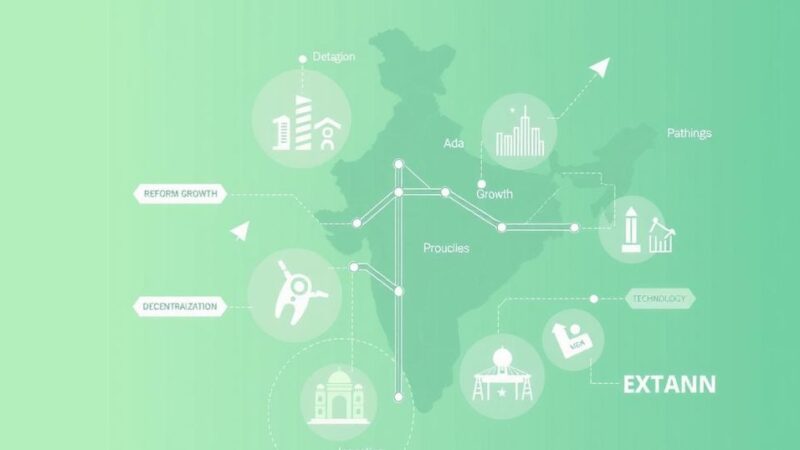Bolivia’s recent decision to use cryptocurrency for power imports marks a significant innovation in commodity trading. Amid dollar scarcity, this initiative could legitimize the use of stablecoins like USDT for transactions, paving the way for future crypto applications in international trade.
Latam Insights Encore explores Bolivia’s recent decision to utilize cryptocurrency for power imports, highlighting a transformative shift in commodity trading. This development emerges as a solution amid Bolivia’s shortage of US dollars, marking a significant step towards the acceptance of cryptocurrency in international markets.
Emerging markets, unlike their established counterparts, often innovate rapidly to adapt to challenges. Bolivia’s utilization of crypto for fuel imports symbolizes this drive for innovation. The need for a stable supply of fuel for the population underscores the importance of this advancement, suggesting that crypto can provide essential solutions amid resource constraints.
The Bank of Bolivia’s support for stablecoins hints at the potential use of USDT in these transactions. Tether’s stablecoin would enable YPFB, Bolivia’s state energy company, to engage in international transactions while mitigating inflation impact. This shift follows Bolivia’s prior ban on crypto purchases, indicating a necessary evolution in its economic policies.
International reports suggest that USDT is already facilitating transactions in countries like Venezuela and Russia, where sanctions hinder trade. Bolivia’s adoption of USDT, if confirmed, could pioneer its use as a dollar substitute for legitimate business dealings in a fully regulated environment.
The anticipated incorporation of cryptocurrency in Bolivia’s energy market not only legitimizes its use but indicates a growing acceptance of crypto payments among businesses. This trend could herald broader changes in the energy sector, encouraging further exploration of alternative payment methods.
Bolivia’s pioneering use of cryptocurrency, particularly USDT, for power imports signifies a notable shift in international commodity markets. This move addresses critical fuel shortages while also validating the application of stablecoins in trade. As other nations observe and potentially emulate Bolivia’s approach, the overall landscape of commodity trading could experience an innovative transformation.
Original Source: news.bitcoin.com






